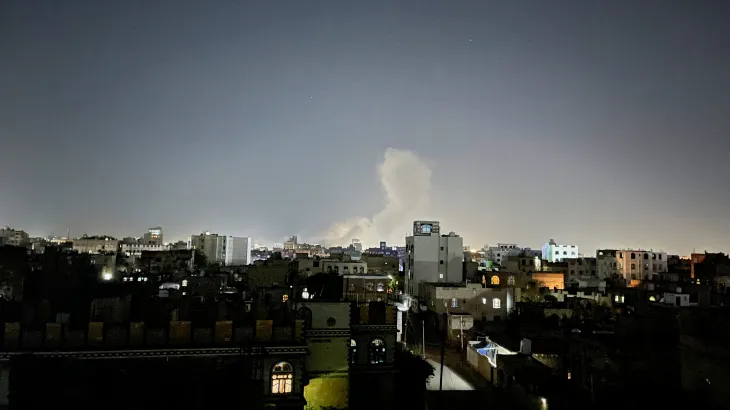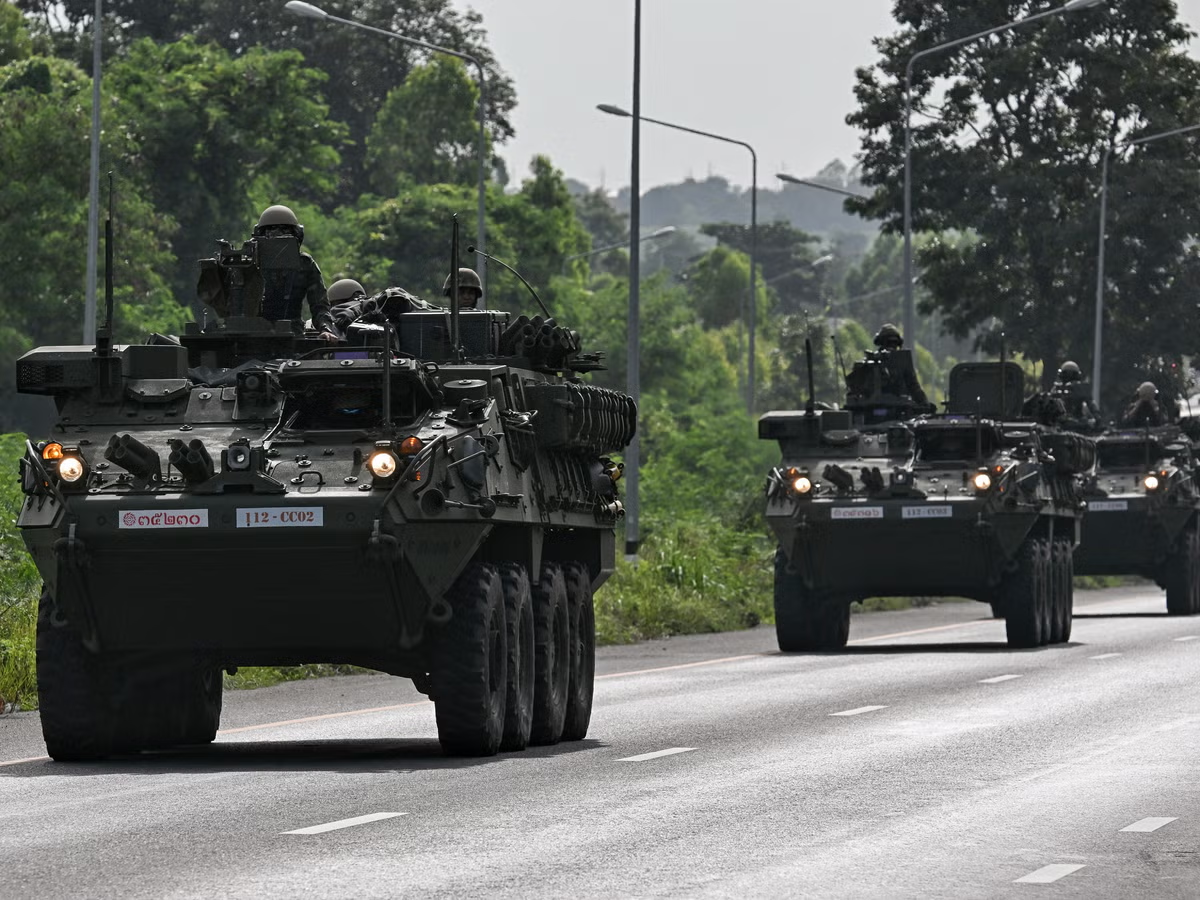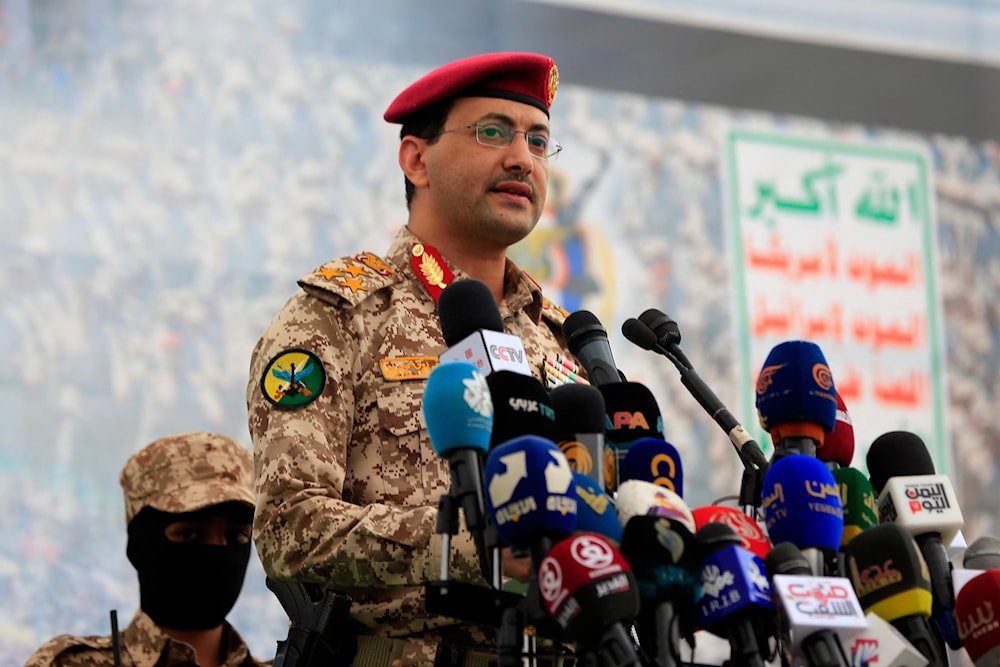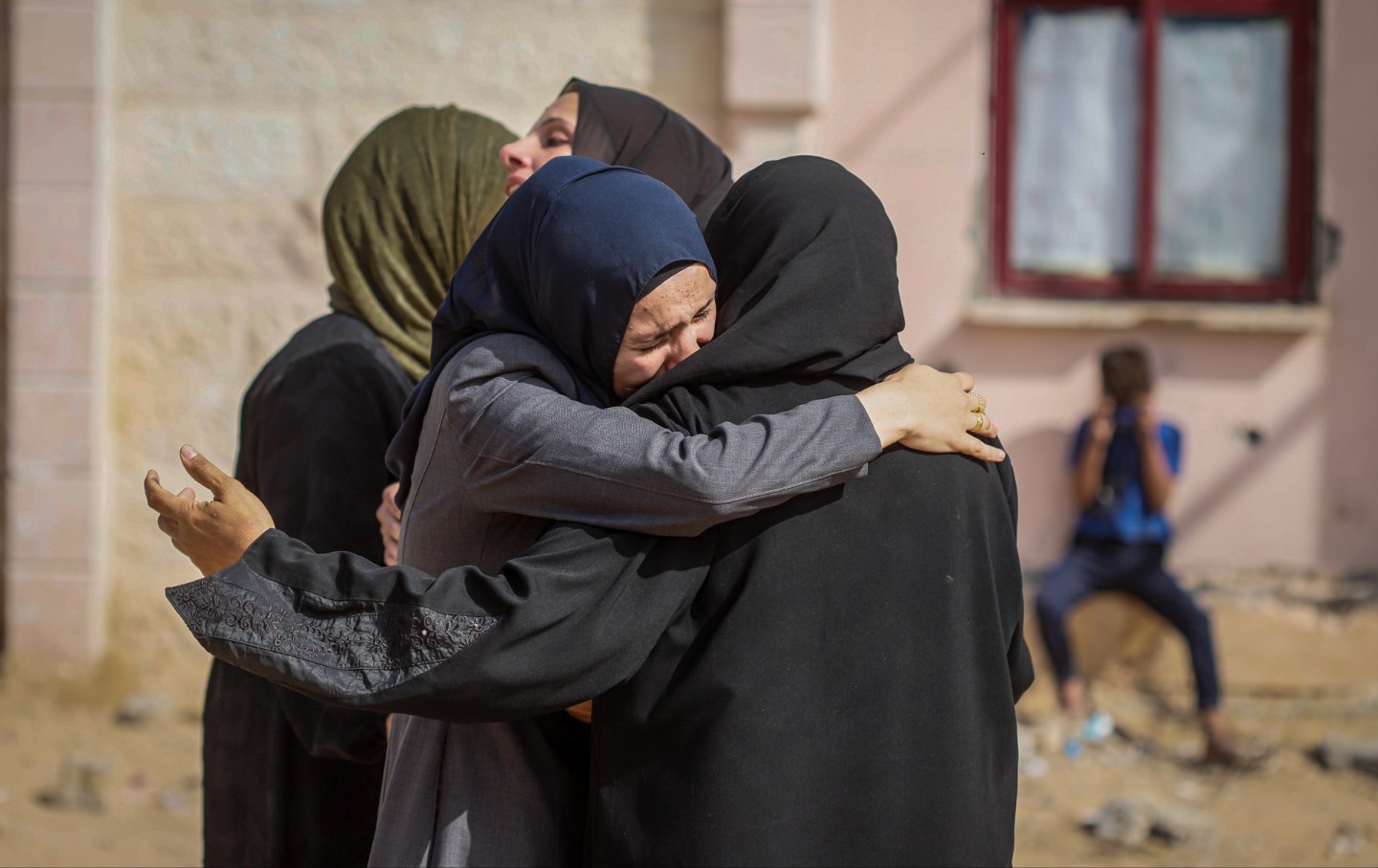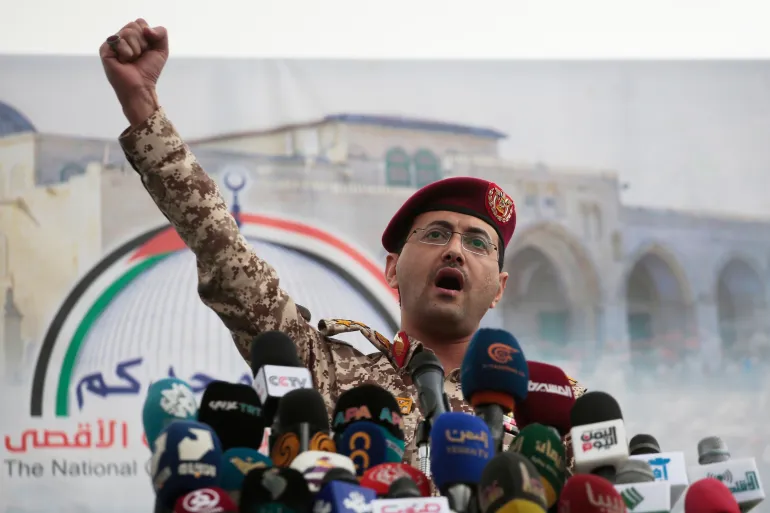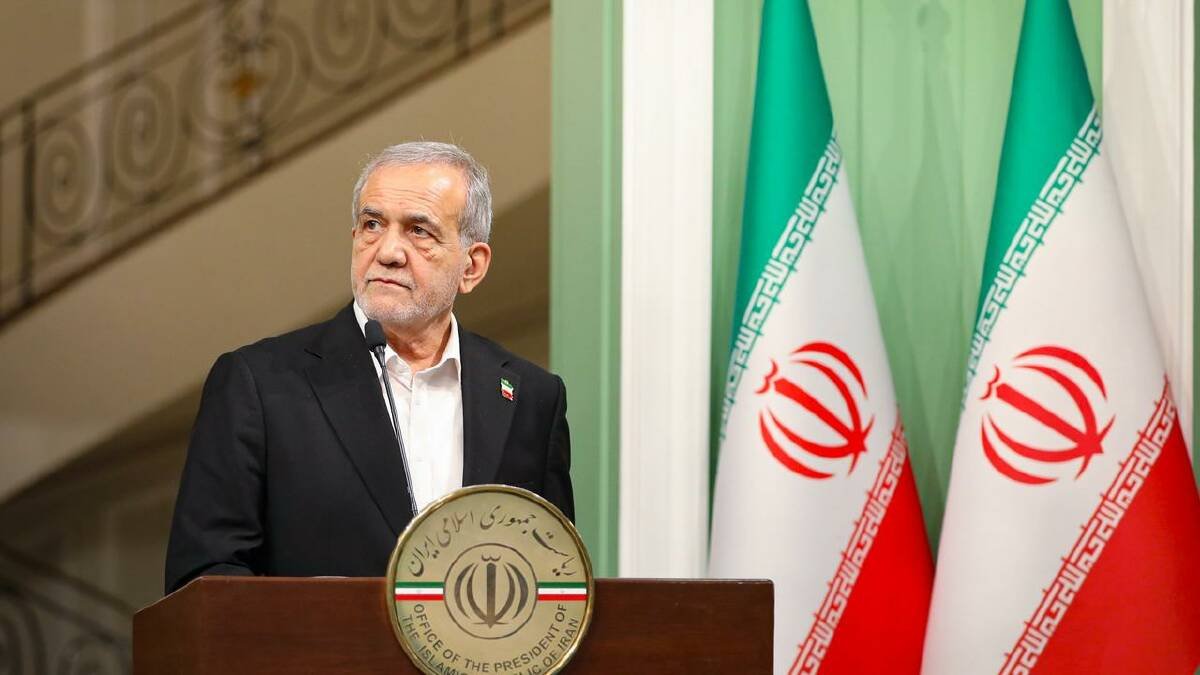Israeli military bombs Yemen’s Hodeidah port a day after missile strike near Tel Aviv airport
A day after a missile strike by Iran-backed Houthi fighters, the Israeli military launched air raids on Yemen’s Hodeidah port. The missile, fired on Sunday, landed near Israel’s main international airport, Ben Gurion.
Israeli military bombs Yemen’s Hodeidah port a day after missile strike near Tel Aviv airport
Israeli military bombs Yemen’s Hodeidah port a day after missile strike near Tel Aviv airport
A day after a missile strike by Iran-backed Houthi fighters, the Israeli military launched air raids on Yemen’s Hodeidah port. The missile, fired on Sunday, landed near Israel’s main international airport, Ben Gurion.
The Israeli army reported that on Monday it struck various Houthi-linked infrastructures, including a concrete factory east of Hodeidah. The factory was described as “an important economic resource” allegedly used for building tunnels and military structures.
The army also stated that “the Hodeidah port is a hub for transporting Iranian weapons and military equipment.” However, this claim could not be independently verified.
Houthi-run Al Masirah TV reported that six Israeli airstrikes targeted the Hodeidah port, blaming both Israel and the United States for the attacks.
Axios journalist Barak Ravid, citing a senior U.S. official, said the strikes were coordinated between Israel and the United States.
However, in a statement to Al Jazeera, a U.S. defense source clarified, “U.S. forces did not take part in today’s Israeli strike,” though they did not rule out the possibility of indirect or non-lethal support.
The ballistic missile fired from Yemen on Sunday struck near Ben Gurion International Airport—marking the first Houthi missile that Israeli air defenses failed to intercept. Following the attack, Prime Minister Benjamin Netanyahu pledged retaliation.
A ‘new phase’ of Israeli attacks in Yemen
According to Al Jazeera’s reporter Ali Hashem, around 30 Israeli warplanes participated in Monday’s operation, which was overseen by Prime Minister Netanyahu and Defense Minister Israel Katz from a command center in Tel Aviv.
Hashem said this operation marked a “new phase” in Israel’s military actions against Yemen.
He added that since President Donald Trump returned to office in January, the U.S. has adopted a more aggressive approach toward Yemen, directly tied to Israel’s strategic interests.
This was not Israel’s first strike on Yemen. In December, air raids hit the Ras Isa oil terminal and other sites in Hodeidah province, killing at least nine people.
Although most Houthi-fired missiles and drones have been intercepted, Sunday’s attack was described by Hashem as the “most significant” since the Houthis began their campaign in November 2023. The group claims its attacks are in response to Israel’s war on Gaza and an expression of solidarity with the Palestinian people.
Since November 2023, the Houthi group—also known as Ansar Allah—has launched more than 100 drone and missile attacks targeting ships they say are linked to Israel in the Red Sea. While the Houthis paused their attacks during a temporary Gaza ceasefire earlier this year, they resumed operations in March after Israel cut off humanitarian aid and restarted its offensive.


